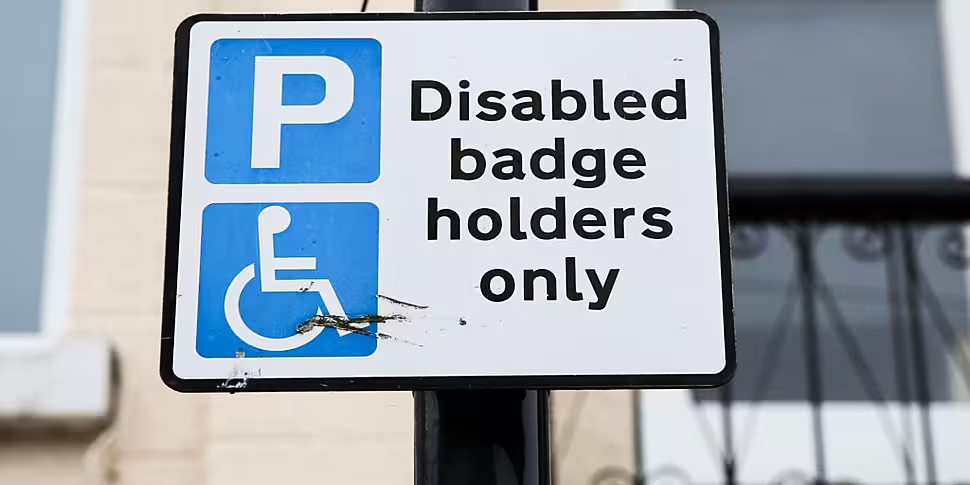The Ombudsman Peter Tyndall has criticised the Government for a lack of reform of the disabled drivers and passengers scheme.
His annual report for 2019 shows his office received the highest number of complaints in a decade, at 3,664, with increases about almost all sectors it deals with.
The Ombudsman examines complaints about public services, such as those provided by government departments, local authorities and the HSE.
He has criticised the lack of action in reforming the eligibility criteria for the disabled drivers and disabled passengers scheme.
The Ombudsman said the way the criteria are framed results in people being denied admission to the scheme who are equally - but differently - disabled from a mobility point of view to those who have been admitted to it.
Mr Tyndall said: "I have considerable concern about the nature of the current eligibility criteria.
"They are extremely narrowly focused and prescriptive.
"They only allow for the assessment of applications on six specific medical grounds and do not allow for the exercise of any wider discretion by decision makers to consider cases which do not fall strictly within the narrow confines of the criteria."
"This means that very many severely and permanently disabled applicants have no prospect of qualifying under the scheme as currently framed."
He also said it appears that no recommendations of an interdepartmental review group, dating as far back as September 2002, have been implemented.
In another complaint, a doctor at Letterkenny University Hospital had discussed medical history with a woman, which actually related to a different patient.
'Deirdre' then discovered a letter on her file belonging to a different patient, but with the same name as hers.
She had attended the hospital for a surgical procedure, but cancelled it after the mistakes.
She complained to the hospital but was unhappy with how it responded to her complaint.
The Ombudsman found the doctor had quoted the wrong medical history as he had read it from another patient’s
record, which was misfiled on Deirdre’s medical chart.
He also said a 'General Incident/Near Miss form' - which should have been completed immediately after the
incident - was not completed until after Deirdre had complained to the hospital.
The details on the form were also not entirely accurate.
The general manager of the hospital apologised to Deirdre for the distress she suffered.
And the hospital has given refresher training to staff on the correct filing of documents in medical record charts, reviewed its policies in relation to medical records management and will be delivering training on the policies to staff.
The Ombudsman will be following up with the hospital in mid-2020.
Some 84 complaints were about the Department of Agriculture, with the Ombudsman upholding 10 of them.
One upheld complaint involved a farmer from Sligo whose payment under the Rural Environment Protection Scheme (REPS) was stopped.
As part of the scheme, the farmer had set aside a strip of land for 20 years to encourage wildlife habitat.
The farmer had invested considerable resources in planting trees along the river, and believed he would receive payments for 20 years.
He was unable to enter the final REPS scheme and took part in a different scheme.
However, the department stopped the 20-year payments as he was not in a REPS scheme.
The Ombudsman upheld the complaint as the farmer was in full compliance with all the conditions of the scheme, and said it was reasonable for the man to believe he would continue to receive payment - as the scheme clearly provided for payment for 20 years.
The department revised its decision and awarded the man €12,500.
It also identified 109 similar cases involving a possible liability of €855,000.









